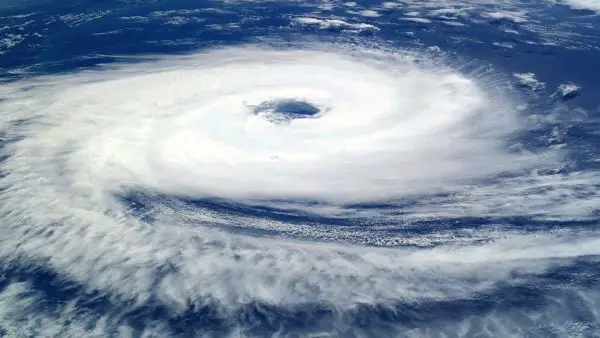Hurricanes often bring disaster and destruction, including downed power lines and hampered cellular service caused by harsh winds, flooding from storm surge, and stormwater pollution. This can be especially concerning for seniors who live alone or depend on electricity to essential equipment. It’s important to have a plan in place before a hurricane makes landfall. Here is how you can prepare:
Pack a Hurricane Supplies Kit
Prepare a hurricane supplies kit at least at the beginning of the hurricane season to save you time and frustration. If you use medication, it’s important to have a written list prepared that includes your medications and emergency phone numbers so you have it on hand when you travel. Store a week’s worth of medication and your essential tools inside a secure, waterproof container. Here are a few more items to pack in your hurricane supplies kit:
- An extra pair of glasses
- Dentures
- ID tag
- Backpack or duffel bag with wheels
- Labels for equipment and supplies
- Canes, walkers, and any other necessary portable medical devices and equipment
- List and cards of medical and insurance providers, including home or renters insurance, and medical and dental insurance provider
- Supplies kit for basic needs (i.e. first aid kit, toilet paper, cell phone, batteries, cash, two weeks’ supply of dried and canned food, one gallon of water per day per person)
Know Before You Go
If you live in an assisted living facility or nursing home, power for air conditioning in hot or humid climates is essential to ensure comfort and preventing heat-related conditions, such as heat strokes or dehydration. Have a friend or family member review the nursing home’s disaster plan for electricity and communication backup. When the electricity goes out, you don’t want to wait days or weeks for air conditioning. Make sure you have ample insurance coverage. It can be critical to sustaining life. Also be aware of your local evacuation route and shelters. Have a family communication plan, including where to meet after the storm.
Know Your Resources
Know and leverage resources that can help you during and after recovery, including telemedicine services that facilitate virtual doctor visits. Have a list of disaster relief programs’ numbers in case you need assistance, including FEMA and your local American Red Cross. Here are a few places to include on your resources contact list:
- Local hospitals
- HUD
- Local water utility company
- Fire rescue and emergency services
- Local electric and/or gas company
- Local radio and TV stations
Final Thoughts
When disaster strikes, you don’t want to be left unprepared. Ready your hurricane supplies kit with your essentials and have a plan in place before a hurricane comes.

